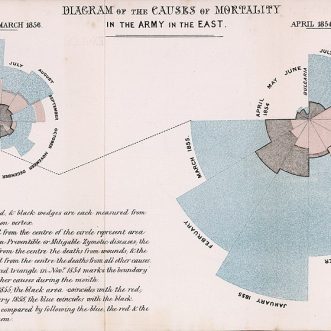November 28, 2022
If you make it easy for people to log ideas as they go, you’re more likely to get useful ideas for improvement, because its when they’re actually doing the job that people feel the friction. This could be as simple as a shared google doc, or as fully functional as Slack or Trello. Whatever works for you and your team.
Logging ideas is just the first step of course. The next is to review them. This is where its helpful to have dedicated time set aside. Get everyone together to review, ponder the consequences and choose which ideas to incorporate next.
Then create a schedule for implementing these improvements, seeing how they affect things, and rolling them out or back as a consequence.
If this is starting to look a bit like software development, that’s because in a way it is. Like software, your business is a system – for making and keeping promises.
We’ve learned a lot about how to improve software systems while customers are actually using them. It makes sense to apply that know-how to your Promise System too.
It involves building in good habits of observation, selection and listening to feedback. And like admin, it works best when it is as much as possible a side-effect of doing the job.
Discipline makes Daring possible.









